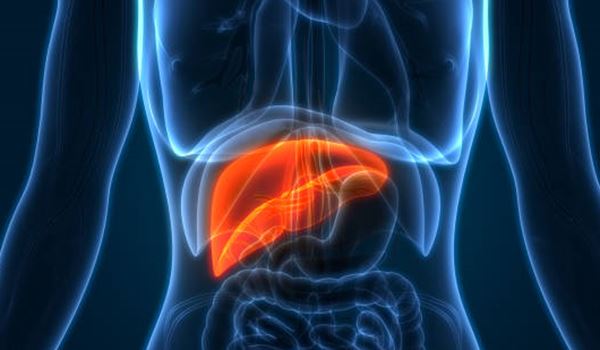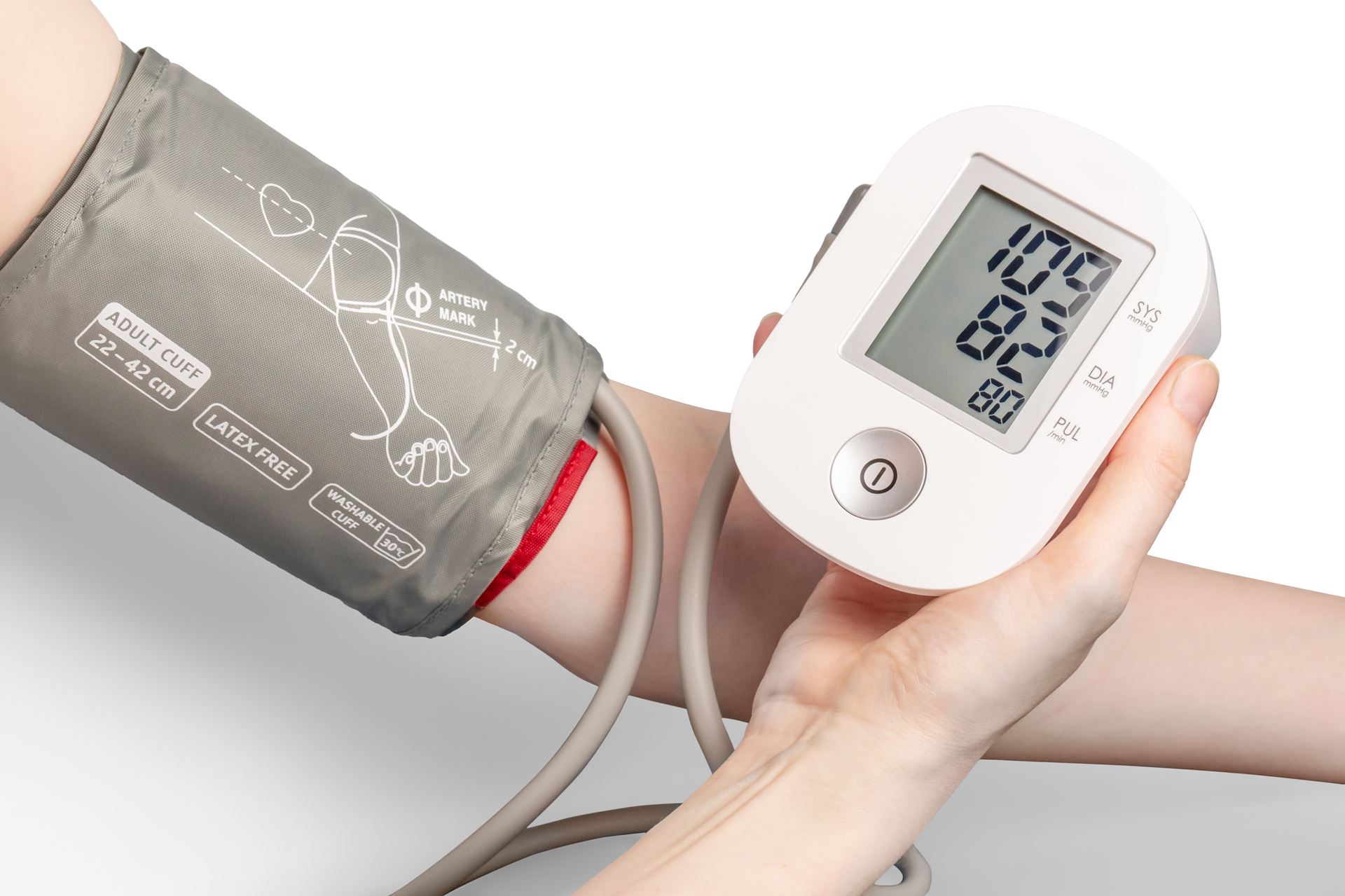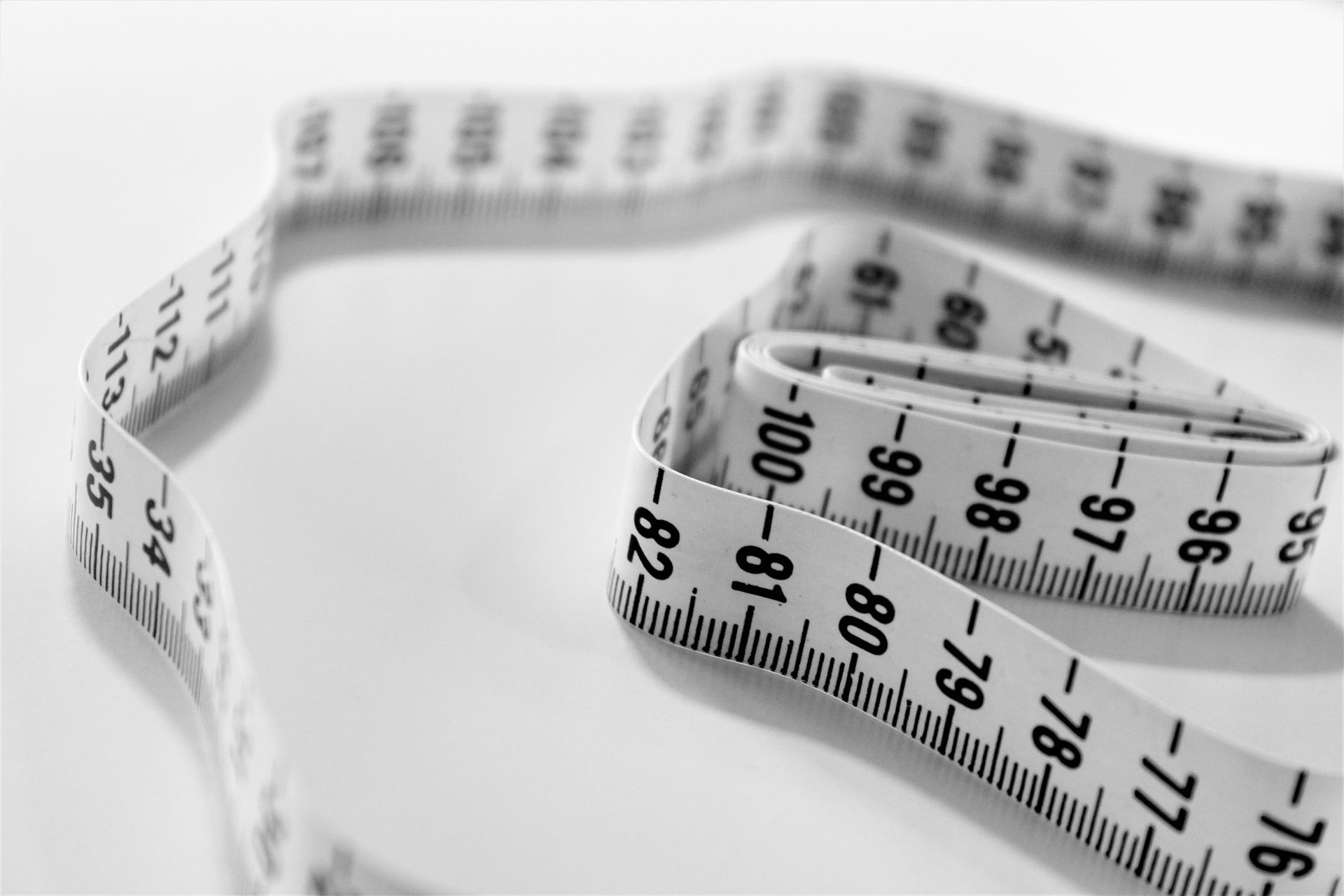Fatty Liver Disease
What is Fatty Liver Disease?
Fatty Liver Disease is caused by a build up of fat in the liver and is usually seen in people who are overweight or obese. People over 50, those with high blood pressure, diabetes, high cholesterol or frequent alcohol and smoking us are are also at higher risk.
Most people with a diagnosis of fatty liver disease are largely unaware of any symptoms and it is coincidentally picked up on a routine blood test or ultrasound scan.

Often there is no harm caused in mild cases and in the early stages of the disease . However , if the condition is allowed to progress, there is a small risk in the future, it can cause your liver to become increasingly inflamed. Regular or persistent inflammation of this nature can cause permanent scarring or what we call liver cirrhosis. This is a stage where the liver can start to fail and work properly called liver failure. There is also a higher risk association with liver cancer.
What can I do to improve or prevent fatty liver disease from progressing?
The key things to help manage fatty liver disease would be to:
1: Maintain a healthy weight aiming for a BMI of 18 to 25
2: Maintain a healthy diet high in fruits, vegetables, protein, carbohydrates and low processed sugar and saturated fats.
3: Exercise regularly of a moderate intensity like walking or cycling
4: Stop smoking and reduce alcohol consumption
For more information on fatty liver disease click below on the link to NHS inform.
Annual liver check up
Ideally, we would recommend:
- book a yearly blood test to check liver function and cholesterol levels
- annual update of weight
- annual home blood pressure readings
- update on alcohol intake.
The good news is you can complete most of this check up at home by completing the online blood pressure / health check form at the bottom of this page. If you dont have a blood presure machine at home, they can be purchased at a reasonable price at most the chemists or alternatively, you can enquire at reception about borrowing one of our machines.
You can book the annual blood test at reception desk and if the nurse ask which bloods to take just quote its your' annual liver and cholesterol test' or 'fatty liver annual test'.
BMI Calculation
We are all different shapes and sizes but working out your BMI (body mass index) is a useful marker for working out what your optimal weight should be:
- A healthy BMI is somewhere between 18-25
- Overwieght is above 25
- Obese is above 30
Being overweight or obese will increase your chances of having prediabetes and diabetes.
It can be difficult task trying to lose weight as it often requires a shift in lifestyle over a long period time. If you are overweight or obese and struggling to lose the weight on your own. You can fill in the form below for a referral to our NHS dieticians. They run an excellent weight reduction programme, where they can give professional and specialist advice on how to lose weight effectively.
Page created: 04 September 2020





